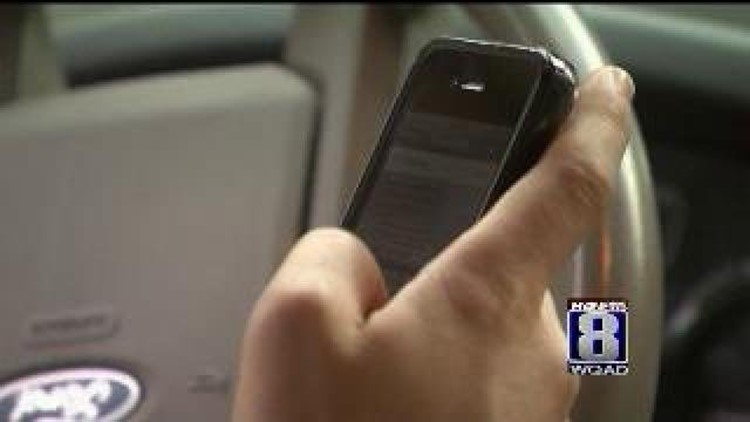WASHINGTON (CNN) — Attorney General Eric Holder said Tuesday he was not involved in the decision to collect telephone records of Associated Press journalists in a probe into leaks of classified information, having stepped aside to avoid any potential conflict of interest in the case.
The decision then fell to the U.S. Attorney’s office in Washington and the deputy attorney general, according to Holder. That would be James Cole, the No. 2 official at the Justice Department.
“I’m confident that the people who are involved in this investigation … followed all of the appropriate Justice Department regulations and did things according to DOJ rules,” he told reporters.
The Associated Press revealed Monday that the Justice Department had secretly collected two months of telephone records for some of its reporters and editors.
The records included calls from several AP bureaus and the personal phone lines of several staffers, AP President and CEO Gary Pruitt wrote. Pruitt called the subpoenas a “massive and unprecedented intrusion” into its reporting.
“These records potentially reveal communications with confidential sources across all of the newsgathering activities undertaken by the AP during a two-month period, provide a road map to AP’s newsgathering operations and disclose information about AP’s activities and operations that the government has no conceivable right to know,” wrote Pruitt.
The AP reported that the government has not said why it wanted the records. But it noted that U.S. officials have said they were probing how details were leaked in May 2012 about a foiled bomb plot that targeted a U.S.-bound aircraft.
The news agency said records from five reporters and an editor who worked on a story about the plot were among those collected, but it said none of the information the government has shared with it suggested agents listened in on any reporters’ calls.
The U.S. attorney’s office in Washington responded that federal investigators seek phone records from news outlets only after making “every reasonable effort to obtain information through alternative means.” It did not disclose the subject of the probe.
While saying he was not personally involved in the investigation and unaware of the particular details that led to the decision to collect the records, Holder said he believed the tactic was called for.
He called the leak being investigated one of the most serious he has ever seen.
“It put the American people at risk, and that’s not hyperbole. It put the American people at risk, and finding who was responsible for that required very aggressive action.”
White House spokesman Jay Carney said Tuesday the White House had no knowledge of any attempt by the Justice Department to seek the records.
“We are not involved with the White House in any decisions made in connection with ongoing criminal investigations as those matters are handled appropriately by the Justice Department independently,” Carney told reporters at a news conference.
Carney said the administration supports the right of the press to pursue investigative journalism, but said a balance must be struck between that right and national security interests.
“The president is a strong defender of the First Amendment and a firm believer in the need for the press to be unfettered in its ability to conduct investigative reporting and to facilitate a free flow of information,” Carney said. “He also, of course, recognizes the need for the Justice Department to investigate alleged criminal activity without undue influence.”
The subpoenas were disclosed to the news agency on Friday, Pruitt wrote. In all, federal agents collected records from more than 20 lines, including personal phones and AP phone numbers in New York; Hartford, Connecticut; and Washington, he wrote.
CNN legal analyst Jeffrey Toobin said Monday that the subpoenas were likely legal, but go further than previous administrations in pursuing private information of journalists.
“I have never heard of a subpoena this broad,” Toobin said.



